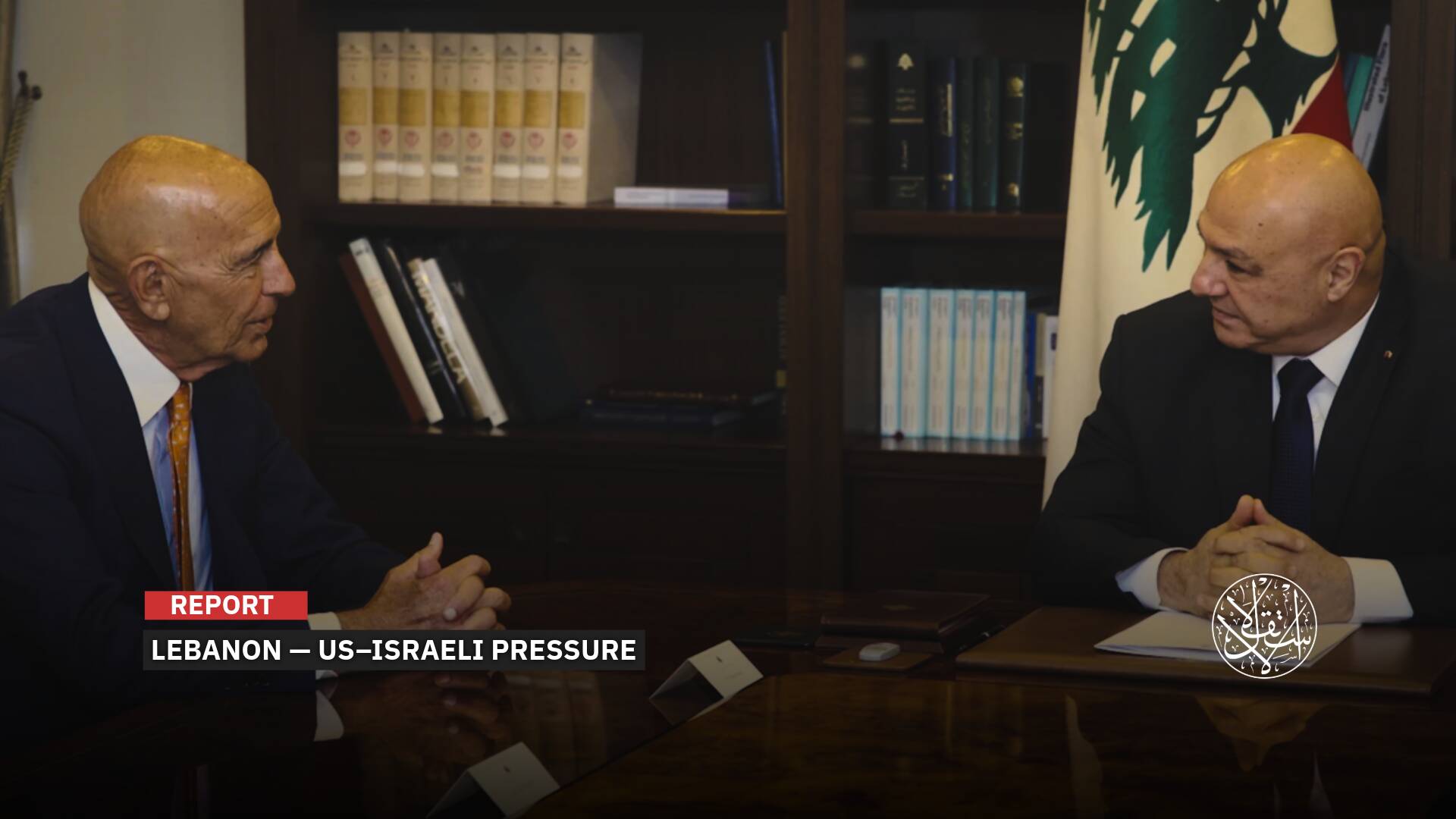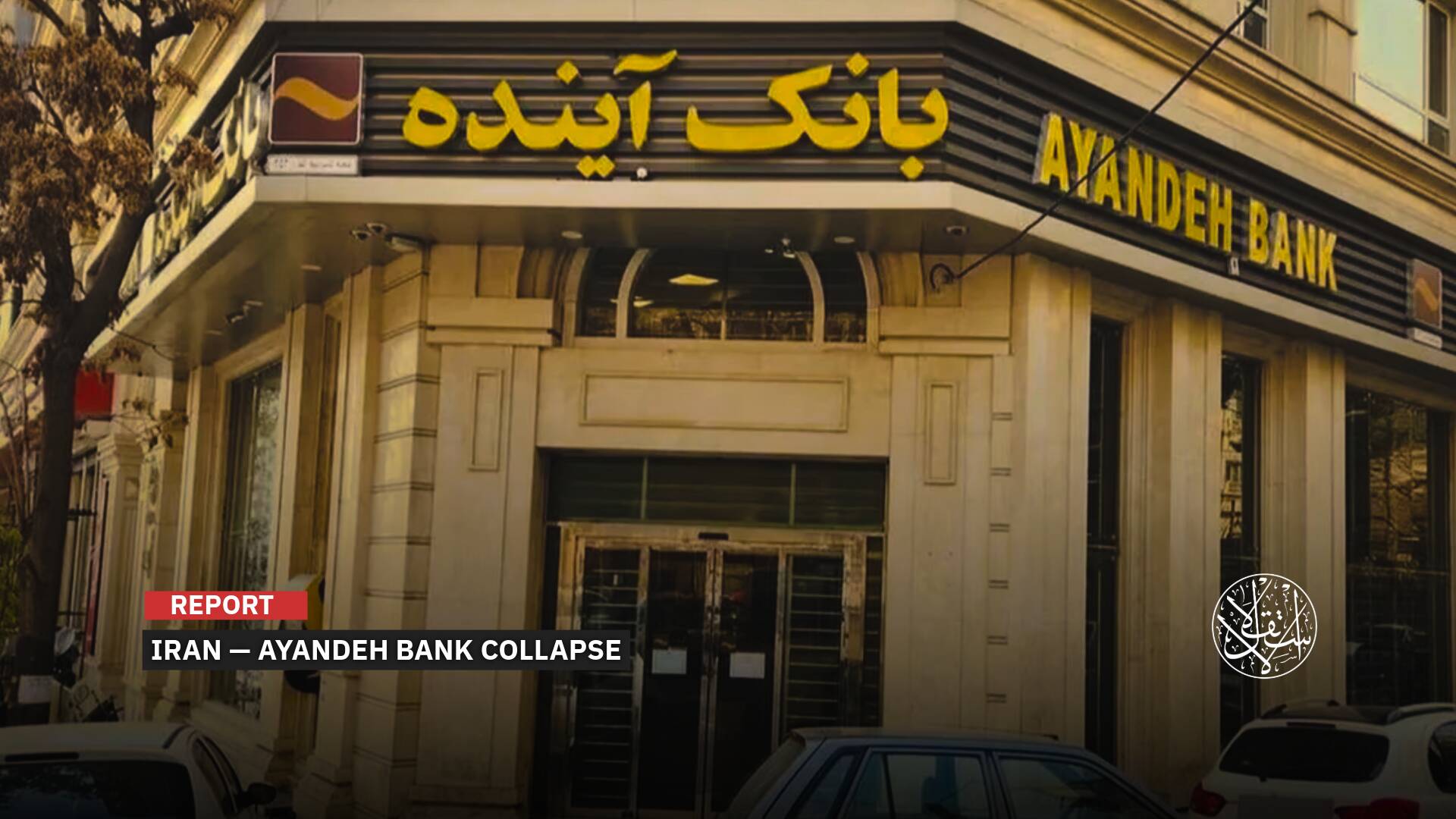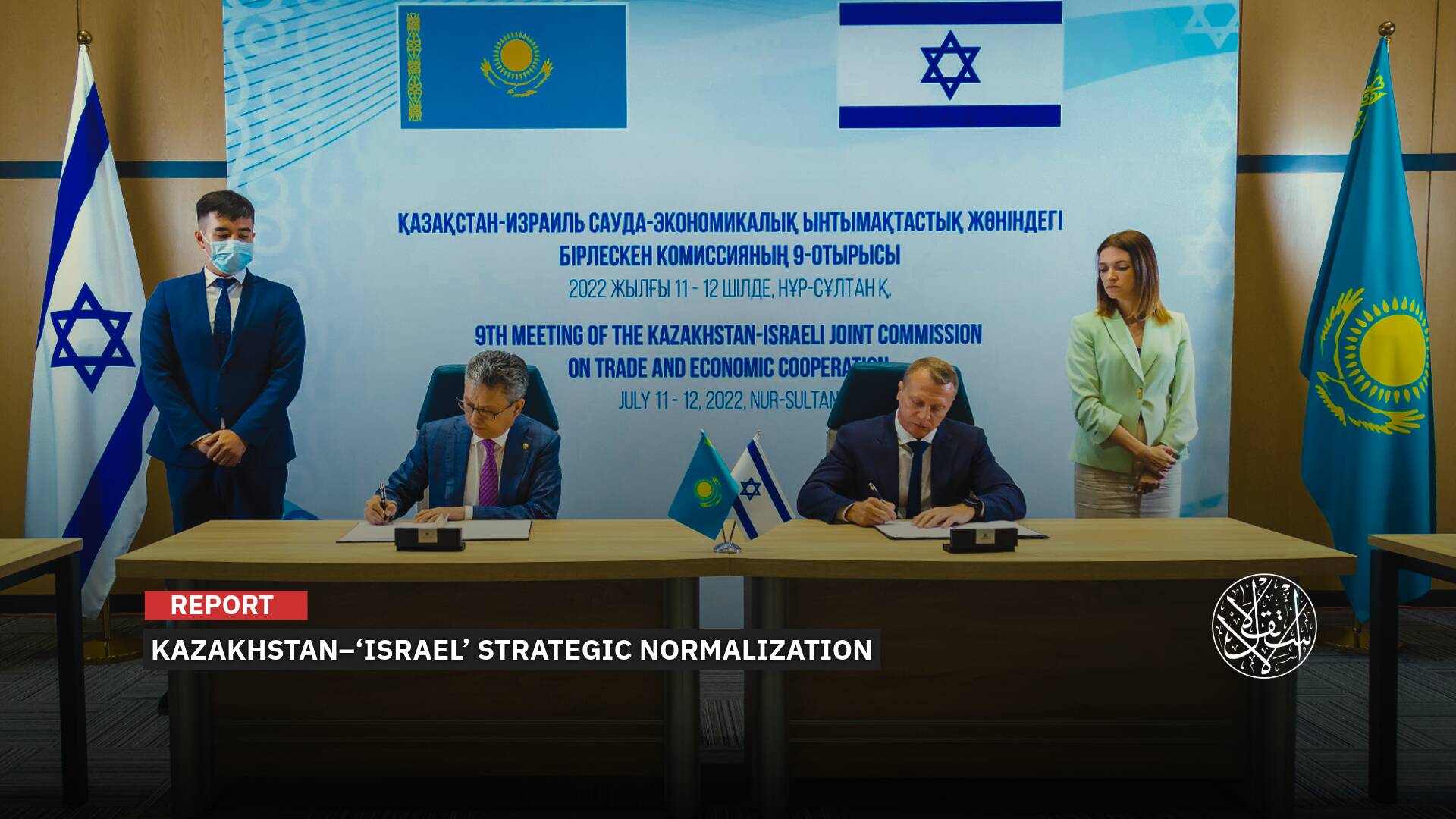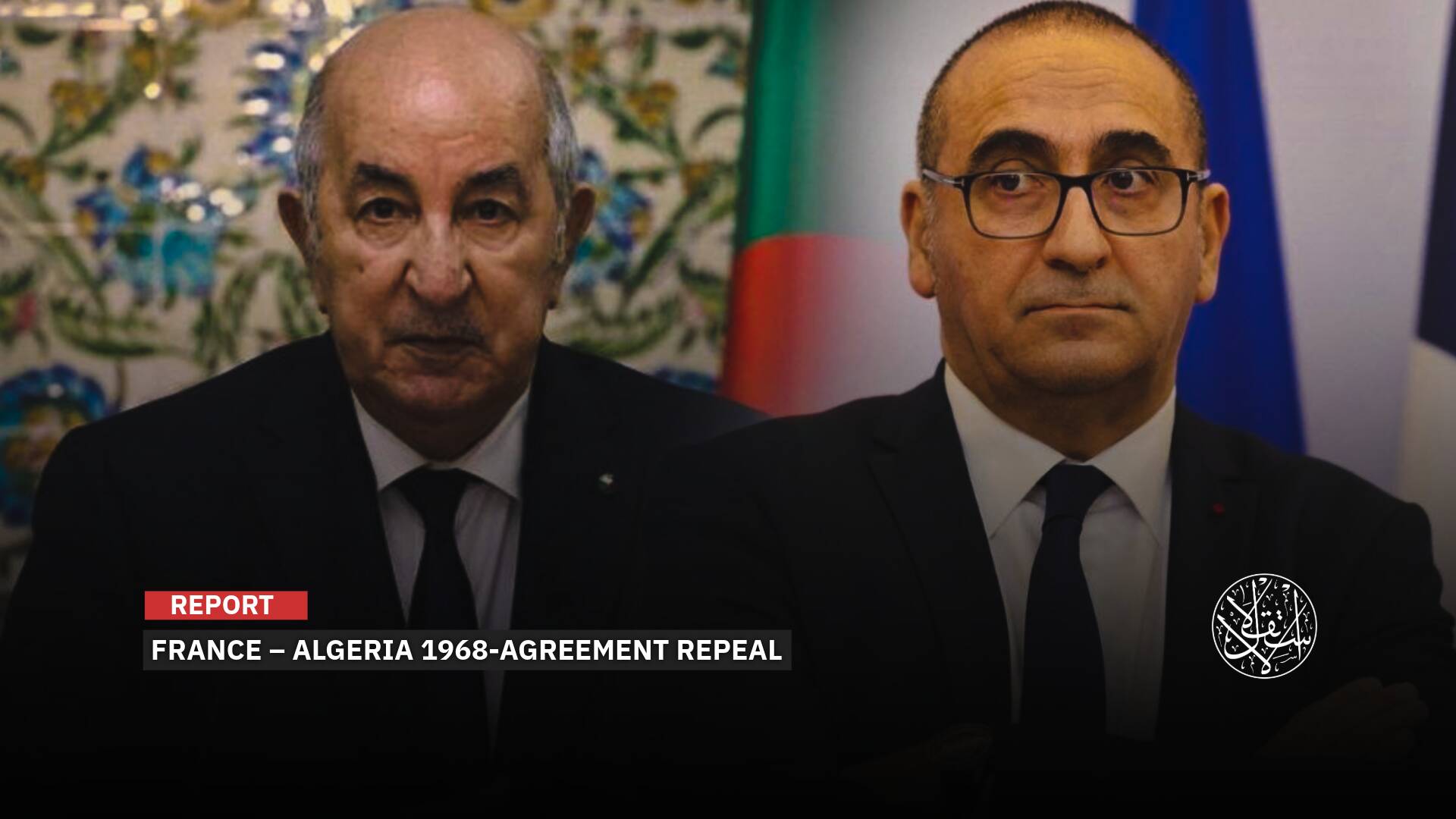Mohammed al-Zaidi: Pro-Houthi Tribal Sheikh Released by Yemen’s Legitimate Authorities, Sparking Local Outrage
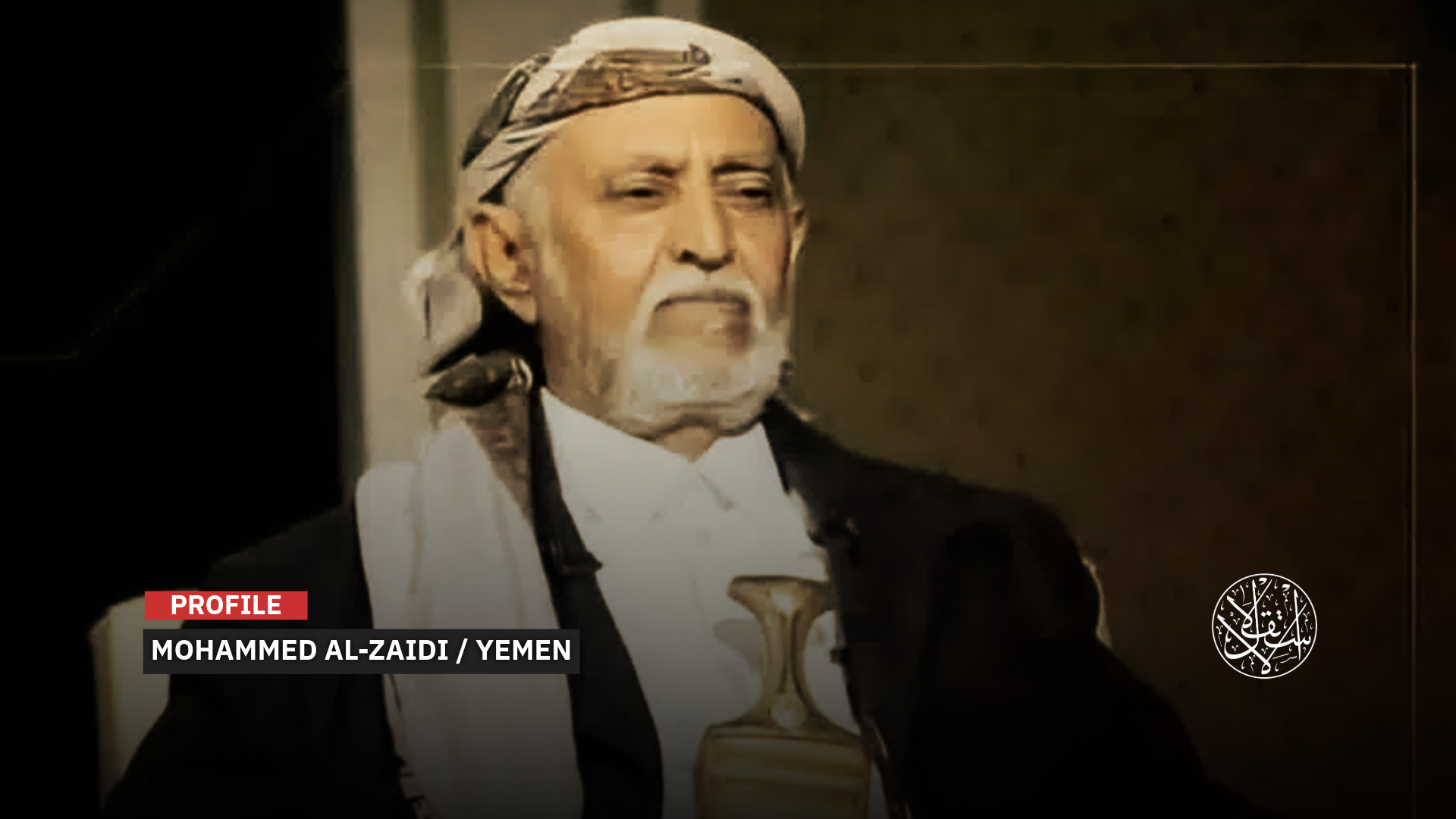
Mohammed al-Zaidi was held by authorities in al-Mahrah for nearly three weeks before being released.
The Yemeni authorities’ decision to release tribal sheikh Mohammed bin Ahmed al-Zaidi, a known Houthi supporter, has triggered widespread anger. Al-Zaidi is seen as a central figure behind the militia’s expansion across Yemeni cities since the 2014 coup.
He was released 24 days after his arrest on July 6, 2025, while attempting to cross the Sarfayt border into Oman. His detention sparked armed clashes between government forces and the Houthis in al-Mahra, resulting in the death of a Yemeni army officer.
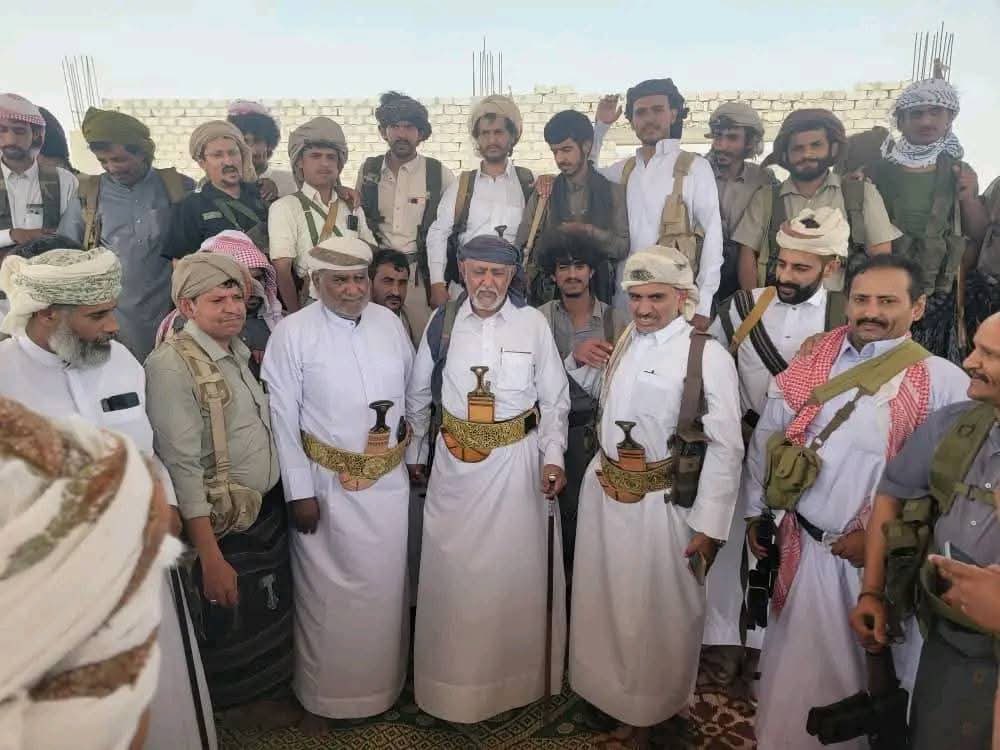
Temporary Release
On July 30, authorities in Yemen’s al-Mahra province confirmed the temporary release of Sheikh Mohammed bin Ahmed al-Zaidi, a tribal figure aligned with the Houthis, asserting that the decision followed legal procedures. However, they stressed that “blood crimes are never forgotten,” and that those responsible for the killing of army officers would still be held accountable.
A local official, quoted anonymously in the official statement, said that all actions taken against al-Zaidi were strictly legal, free from political interference or pressure. His release came after legal steps were completed, including the submission of guarantees; his son and nephew were handed over to ensure his return after receiving medical treatment for a heart condition.
The statement said the release followed initial findings from security and judicial authorities, which confirmed the procedures were lawful. The case remains open, and officials pledged to pursue it to the end.
It emphasized the state’s commitment to justice for the soldiers killed in a recent ambush, saying those involved would be brought to court “without leniency or delay.” It also warned armed groups that had entered al-Mahra from other regions to withdraw, noting that a final deadline had passed on June 28, 2025. Any unauthorized armed presence after that date, the statement added, would be treated as a direct threat to provincial security.
According to unnamed local sources cited by Aden al-Ghad on July 30, the release followed tribal and community mediation. An agreement was reached allowing al-Zaidi to leave for medical treatment in Oman, with his nephew remaining as a guarantee for his return.
The sources clarified that this release does not drop the charges. It was a conditional, humanitarian gesture tied to his health. Al-Zaidi reportedly departed in the presence of tribal leaders and family members who accompanied him to the border.
His release on the evening of July 29 followed reported pressure from Saudi and tribal figures. Local news outlets and social media circulated photos and videos of al-Zaidi being handed over to his tribe and relatives before departing for Oman.
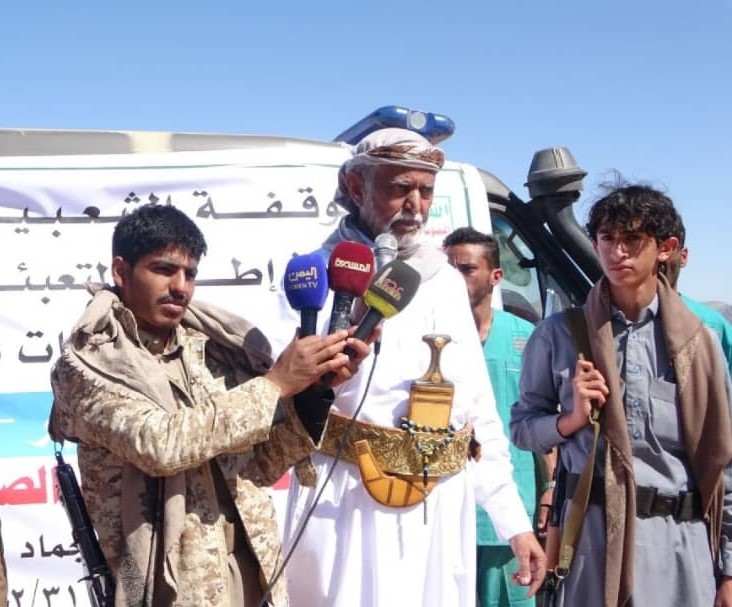
Former Official
Mohammed bin Ahmed bin Ali al-Zaidi was born in the Sirwah district of Ma’rib governorate in 1956. He is married and has 12 sons and 10 daughters.
Al-Zaidi holds a high school diploma. He studied for two years at the Faculty of Sharia and Law but did not complete his degree.
A prominent tribal figure among the Jahm and Bani Jabr tribes, and in Ma’rib more broadly, al-Zaidi was also a longtime member of the former ruling party, the General People’s Congress (GPC), led by Yemen’s late President Ali Abdullah Saleh. He had been a member of the party’s permanent committee since 1982.
Al-Zaidi held several administrative positions. In the late 1970s, he headed the Council of the Cooperative Development Authority in Sirwah. From 1982 to 2001, he served multiple terms as head of its local council, and in 1983, he chaired the Local Council of Ma’rib Governorate.
In 1997, he was appointed Director-General of Mawiyah District in Taiz governorate, a role he held until 2000. He then served for a year as Director-General of Sirwah before resigning in 2002.
Al-Zaidi holds the military rank of colonel, having been promoted by presidential decree to the top tier of grade A. In 1999, he was granted the honorary title of Minister at the Ministry of Local Administration. Since 2000, however, he has held no official position in the Yemeni government.
Al-Zaidi has remained active in tribal and community mediation, drawing on his tribal roots. He is also known as a poet, with numerous poems and exchanges with fellow Yemeni poets.
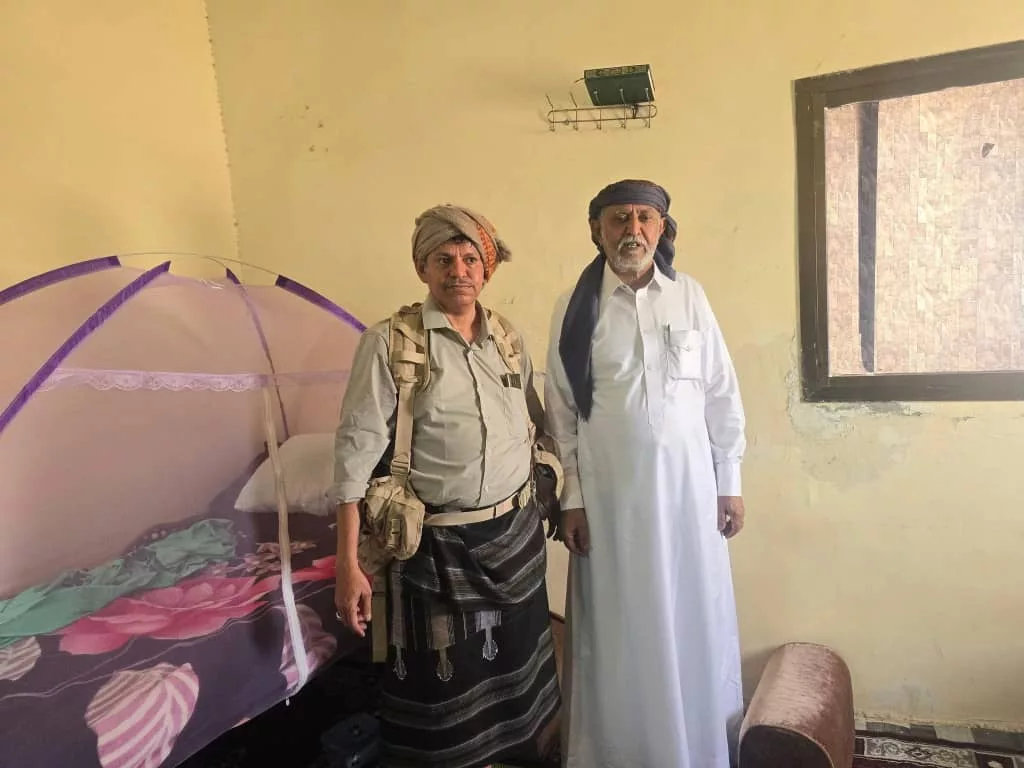
Houthi-Aligned Figure
Following the Houthi coup against Yemen’s internationally recognized government in 2014 and their capture of several northern cities, including the capital Sana’a, Sheikh al-Zaidi became one of their key tribal allies. He played a representative role for the militia in various regions, particularly in Khawlan (Sana’a) and al-Mahrah.
Al-Zaidi played a pivotal role in securing tribal support for the Houthis and was instrumental in facilitating their expansion into southern regions, particularly in al-Mahra. This governorate is considered a strategic hub in the context of Yemen’s conflict, as it serves as a major land and sea corridor for smuggling weapons and supplies to the Houthis.
While some Yemeni outlets describe al-Zaidi as a senior Houthi figure, others refer to him simply as “aligned” with the militia, arguing that his influence stems from operating within their territories rather than being an official member.
“In the case of the Houthi terrorist Mohammed Ahmed al-Zaidi, we haven’t just uncovered a criminal; we’ve exposed the reality that al-Mahra has effectively become an Omani protectorate run from outside Yemen’s borders,” Yemeni military analyst and strategist Mohammed al-Kumaim wrote on X.
“The local authorities in al-Mahra no longer represent the Yemeni state, nor do they recognize it; instead, they function as a tool of Omani intelligence, carrying out its directives and shielding smuggling networks that facilitate the transfer of weapons, narcotics, and hashish to the Houthis via well-established, protected routes,” he said.
Yemeni journalist Fares Alhemyari said the release of Houthi-affiliated figure Mohammed al-Zaidi came while three of his relatives remain fugitives, wanted by authorities on charges of murder. Official warrants have reportedly been issued for their capture.
Alhemyari added that the release has sparked strong objections from the family of Abdullah Zayed and his companions (victims from the al-Haymatayn area in Sana’a), who hold al-Zaidi responsible for the incident. The families have publicly rejected his release, warning against any attempt to downplay or dilute the case, and vowing to pursue justice by all possible means.
In a televised interview aired on January 31, 2025, on the Houthi-affiliated al-Masirah channel, Mohammed al-Zaidi mocked Yemen’s internationally recognized government. He claimed that former President Abd Rabbuh Mansur Hadi had resigned upon leaving Sana’a (after the Houthi coup), yet once he reached Saudi Arabia, he “revived what they now call legitimacy” and accused the Houthis of a takeover.
Al-Zaidi added that those who brought Hadi to power and called him “legitimate” later turned against him and formed the Presidential Leadership Council, whose members, he said, were appointed by Saudi Arabia and the UAE.
He said that within this council, Tareq Saleh seeks to establish a republic on the coast, Aidarous al-Zubaidi wants a separate state in Aden, and Rashad al-Alimi heads the council. According to him, all three are aligned with the UAE.
In response to a question about Saudi involvement in Yemen and its airstrikes, al-Zaidi said, “The Saudis are our brothers, but their interests and pressure from the U.S. and the West pushed them to act. So the aggression is essentially American.”
Sources
- Pro-Houthi Tribal Sheikh Transferred to Al-Ghaydah After Deadly Clashes and Tribal Mediation in Al-Mahra
- Yemeni tribes welcome Sheikh Mohammed Al-Zaidi in Khabb & Al-Sha’af Districts of Al-Jawf
- First Photo of Sheikh Mohammed al-Zaidi After His Release as Tribes Issue Urgent Statement [Arabic]
- After His Detention in Yemen: What Is the Fate of Sheikh Mohammed al-Zaidi? [Arabic]
- Arrest of Houthi-Linked Figure Mohammed al-Zaidi Sparks Bloody Tensions in al-Mahrah [Arabic]
- Exclusive Interview | With Sheikh Mohammed bin Ahmed al-Zaidi – One of the Senior Sheikhs of Khawlan [Arabic]
- Breaking: Al-Mahrah — Sheikh Al-Zaidi Released and Sent to Oman for Medical Treatment [Arabic]
- Al-Mahrah Local Authority: Our Handling of al-Zaidi’s Case Followed the Law, and Pursuit of Those Involved in Officers’ Killing Continues [Arabic]
- A Brief Biography of Sheikh Mohammed bin Ahmed al-Zaidi [Arabic]
- Why Was Sheikh Mohammed Ahmed al-Zaidi Released While His Nephew Was Detained? [Arabic]


